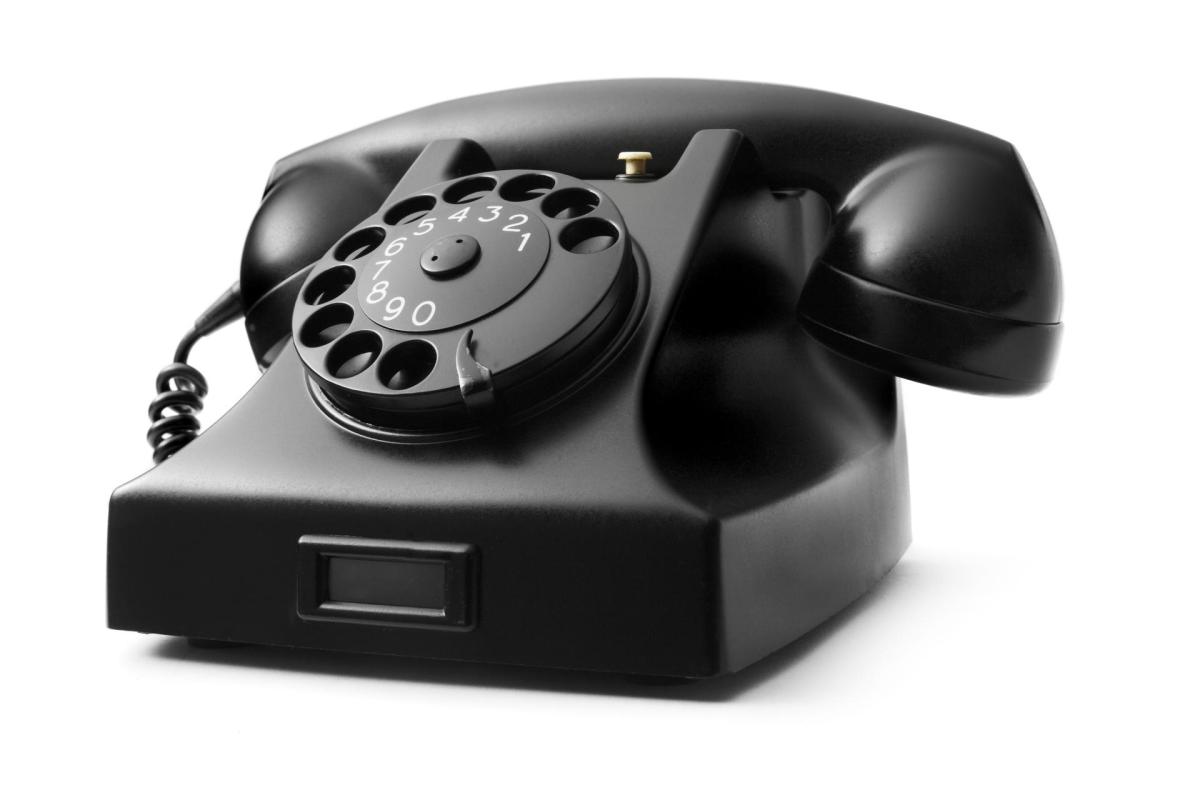The world has been transformed by technological inventions that changed the lives of our ancestors and helped us prosper and build the future we live in today: from the creation of the first stone tools or the wheel to machines and technologies that once paved the way for a more modern planet. The list of innovations is long. Here are some of the breakthroughs that drove global growth and development.
The printing press
The machine devised by the German Gutenberg in the mid-15th century enabled the mass production of books. As a result, it led to the spread of ideas (especially religious ones), the spread of knowledge, literacy and the creation of libraries in Europe. A key revolution that accelerated the transition from the Middle Ages to the Renaissance. The first work printed with this machine was the Bible. The printing press introduced the idea that machines eliminate jobs, although it gave rise to a powerful industry of printers, booksellers and writers, among other trades.
The steam engine
The steam engine invented by the Scottish engineer James Watt (in 1775) revolutionised transport and machinery in the 19th century and drove the First Industrial Revolution, rapidly moving from an economy based on agriculture and trade to an industrialised one with much greater production capacity. This technological invention gave rise to locomotives, steamships and even the first automobiles. And the way was paved for the emergence of various types of combustion engines and aircraft. The effect on employment was immediate, and the middle classes and urban centres were born.
The light bulb
Before Thomas Edison many others tried incandescent lamps or bulbs. He is considered the inventor (in 1880), but it was not exactly so, but he improved on the innovations of others in electric lighting, such as Humphry Davy, Matthew Evans, Warren de la Rue or Joseph Wilson Swan (with the latter Edison disputed the title of inventor). It is considered the greatest invention since the discovery of fire: light entered homes and workplaces, becoming a necessity and an engine for economic growth (working hours were extended, electricity generating plants and household appliances were developed, among other advances).
The telephone
The Scotsman Alexander Graham Bell worked as a speech and hearing expert (his mother and wife were both deaf) and, seeking to improve the telegraph, researched voice transmission until, in 1876, he patented the telephone. This device revolutionised communication by allowing instant speech even over long distances. In its early days, to establish a call, a person had to manually connect the wires, and this continued until the creation of the telephone network. It is one of the most significant advances of the Second Industrial Revolution, to the extent that it marks the beginning of modern society. Without it, the world would not exist as we know it today: it laid the foundations for mobile telephony.
The aeroplane
In 1903, the Wright brothers created the first human-piloted motorised aeroplane, the Wright Flyer. The flight lasted only 12 seconds, but with this experiment, which defied gravity, they laid the foundations of aeronautical engineering. Their designs inspired others to develop commercial aviation. In 1927, Charles Lindbergh became a hero for his non-stop crossing of the Atlantic. This technological ingenuity boosted trade, culture, tourism and, today, the air transport industry is key to global economic prosperity.
The personal computer
Computers have redefined people’s lives and the way they work, simplifying tasks, storing information and processing data quickly and efficiently. The invention of the transistor or semiconductor in 1947 began the road to personal computers. This component replaced the vacuum tube and was the key to creating smaller, more reliable electronic devices. John Blankenbaker’s Kenbak-1 is considered the first personal computer. Another key innovation in the development of the PC (personal computer) was microprocessors (1971).
The first personal computer with a microprocessor was the Micral (1973). Although it was never sold, the Xerox Alto (1973) was the forerunner of home computing: it introduced for the first time a graphical interface and a mouse. In 1975, the Altair 8800 was launched, the first computer with the Microsoft Basic programming language, developed by Bill Gates and Paul Allen, founders of Microsoft.
Internet
As with most technological inventions that have changed the world, the birth of the network of networks would not be understood without earlier experiments and technologies. The connection of four university computers to ARPAnet in 1969 was the seed for the birth of the Internet. In the late 1970s, Vinton Cerf developed the “transmission control protocol” or TCP for sending files between computers. This breakthrough was key to Tim Berners-Lee’s introduction of the World Wide Web in 1991, transforming society. It continues to evolve today, bringing new forms of interaction and economic, social and cultural growth. The launch of Telefónica’s Infovía service in 1995 popularised the Internet in Spain and introduced it into Spanish homes.
The mobile phone
In 1983, the first mobile phone small enough to be portable was launched: Motorola DynaTac 8000X, designed by engineer Martin Cooper, with a 30-minute battery life. The first generation of mobile phones was only for talking, but as it evolved, the terminals provided new functions, such as sending SMS or email, paving the way for smartphones capable of browsing the internet, capturing photos, listening to music, guiding via GPS or updating social networks, among many other functions. Today it is one of the essential technological inventions in personal and professional life.
Artificial intelligence
The precursor of modern computing, Alan Turing, is also the father of artificial intelligence. However, the term was not coined until 1956, when the first artificial intelligence programme, Logic Theorist, was presented at a historic conference. Today, this technological invention has crept into our lives in the form of chatbots, voice assistants, autonomous vehicles, real-time translators, artificial vision, ChatGPT, the Internet of Things… Machines capable of reasoning will further transform the world of the future with applications and uses that we cannot even imagine today. Generative artificial intelligence is becoming increasingly important.
